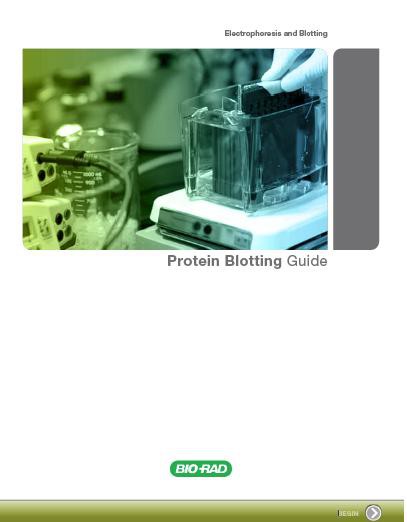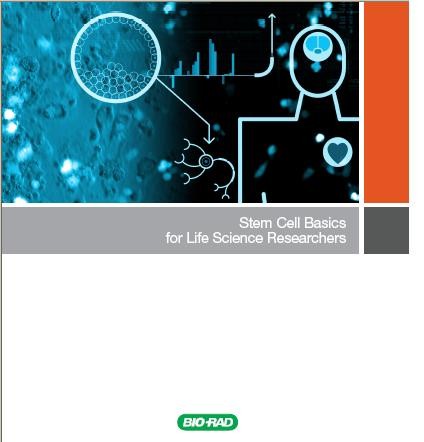According to the Science and Engineering Indicators 2014 Report released recently by the National Science Board, spending on academic research decreased significantly in 2012 compared to the period between 2009-2011 (source: academic r&d section of the report). The good news for us life scientists is that the government seems to value life sciences over the physical sciences and has continued to provide the largest portion of the funding pot to researchers in our field.
Furthermore, besides the growth in academic life science funding, lab space for academic R&D has continued to expand, although it has done so at a somewhat slower pace in 2012 compared to prior years. While this may sound like a good indicator of growth, it should be noted that spending on research equipment fell by 1.4% in 2012 which may have a significant impact on scientists’ abilities to perform their work.
Another worrying trend, indicated in the report, is the disproportionate increase in non-faculty positions, such as post-doctoral fellows, in comparison to faculty positions. Furthermore, fewer researchers were tenured in the first decade of the century compared to the late 90s. If we are to believe the law of supply and demand, this lopsidedness will eventually lead to unhappy scientists who are dejected by their inability to obtain faculty positions due to the overpopulation of qualified candidates for very few faculty positions.
Nonetheless, according to the Washington Post, all is not lost. Here are a list of reasons that Washington Post journalist, Lydia DePillis, thinks we should keep our heads held high:
- the US continues to fund its academic R&D at levels that are much higher than the rest of the world
- there are more undergraduate and graduate degrees in science and technology in the US compared to other nations
- America earns more patents than anywhere else in the world
- American collects more royalties compared to other countries
- Most importantly-Americans represent the largest group of scientific publishers which is the ultimate indicator of success among academic researcher
So despite some worrying trends indicated above, the Post seems to indicate that we should consider ourselves lucky that we are living in America where our chance to become successful scientists is much greater than anywhere else in the world.
Would you agree?
Tags: American science















